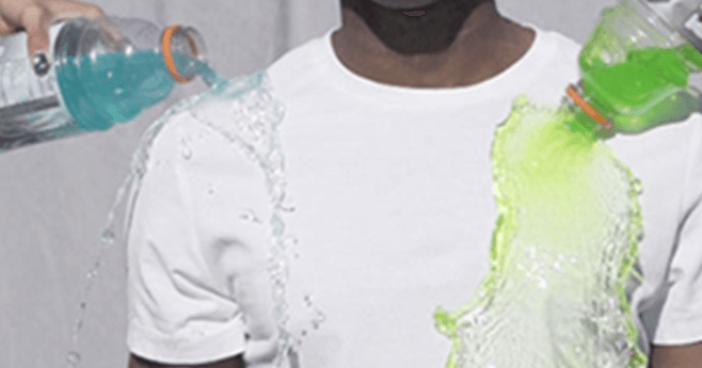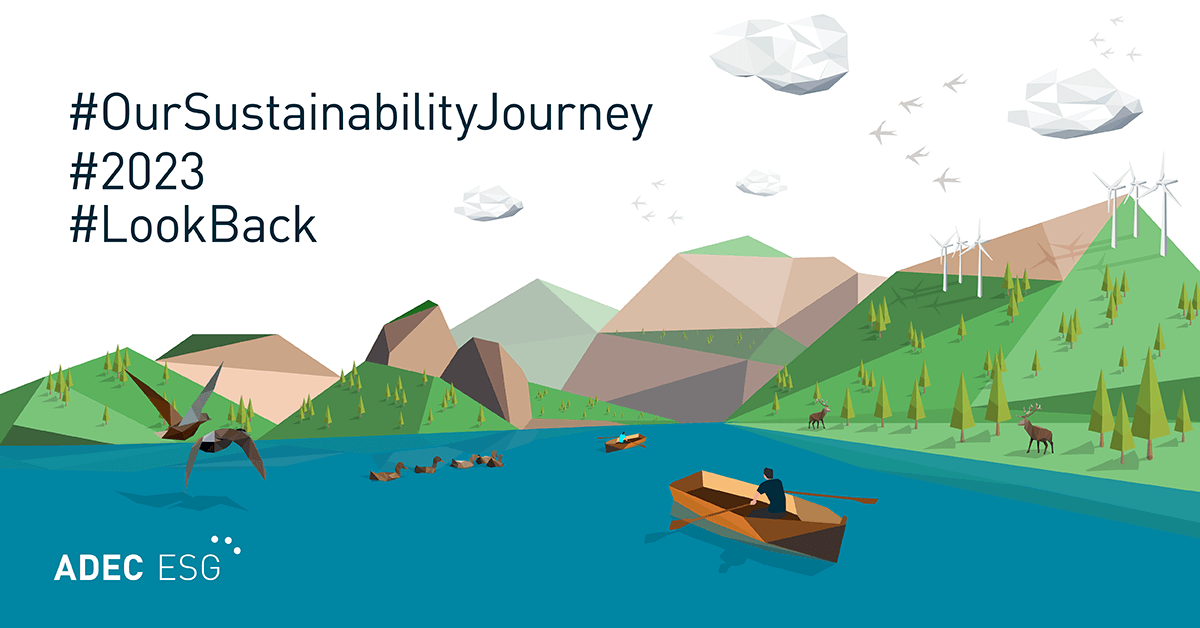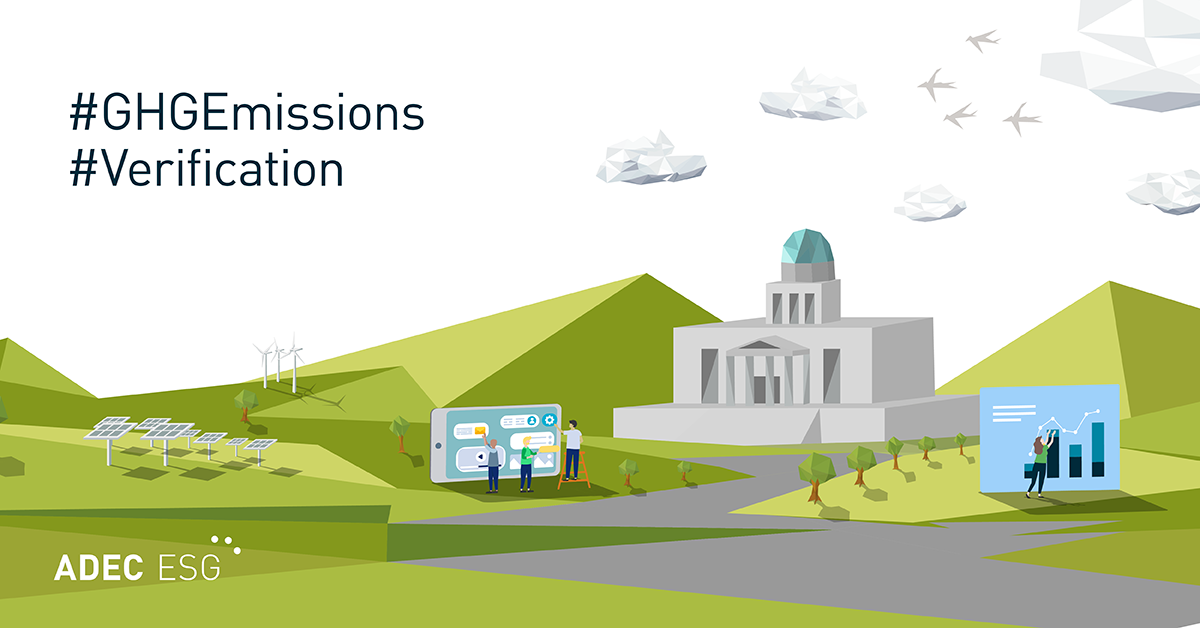The following article is part of the ongoing Sustainability Matters series on the FirstCarbon Solutions (FCS) blog, which focuses on those who share a commitment to sustainability, the environment and our planet. The series concentrates on companies and organizations that conduct routine, everyday business in an exceptional, sustainable manner as well as those offering unique products and services in a sustainable fashion. FCS hopes that the Sustainability Matters series can open eyes and put a spotlight on those striving to make a difference.
A quick review of the modern home will present an assortment of energy efficient features and fixtures designed to save energy, water, and other valuable resources. Everything from low-flow faucets to double-pane windows has come a long way in helping us conserve the earth’s limited resources and reduce our consumption of them. Our use of energy efficient household components has been partially due to advancements in technology and production, which have made such features more commonplace and affordable. It is also partly due to increased local and state regulatory requirements, which have made features such as low-flow showerheads and toilets mandatory in most new constructions. Even washing machines, which once served as prime examples of inefficiency, are now more energy efficient, with many, if not all, of the modern machines using far less energy and water than before.
However, regardless of how energy efficient these machines have become, one energy consumption factor which has a great impact on the amount of energy and water that is used is usage. As anyone with a large family can attest, the washing machine is an essential component to everyday life, seemingly running day and night. No matter how efficient that particular washing machine may be, if it is in a constant state of use, then its energy and water consumption would still, likely, be great. But short of buying a new pair of blue jeans or a new set of linens every time a spill occurs, running the washing machine is a necessity.
Enter entrepreneur Aamir Patel of San Francisco, California. He has developed a way to generally avoid using the washing machine altogether. Patel’s idea is simple yet potentially innovative – a self cleaning t-shirt that repels sweat and liquids. While stain repelling fabric is not in and of itself revolutionary, Patel’s idea, which he calls Silic, is very much pioneering. Silic uses hydrophobic nanotechnology. Sounds like a mouthful, but the process of creating Silic isn’t. It entails bonding and layering the fabric with billions of silica particles that form a barrier to protect the fabric from potential spills. Should an accident occur, a microscopic layer of air would form between the spilled liquid and the fabric, preventing most of the liquid molecules from bonding and staining the fabric. Unlike other previous similar technology, the fabric remains soft, breathable, non-cancerous and fully machine or hand washable up to 80 times (for dirt and grime stains that cannot be repelled).
While Patel’s production of Silic is currently limited only to t-shirts, its potential applications are limitless. Everything from clothing and linens to furniture and car seats could benefit from being crafted using this hydrophobic nanotechnology innovation. The uses could also extend past the obvious environmental benefits and move into the social sustainability realm, as areas lacking in reliable sources of clean water could seemingly reward from a fabric that requires far less washing than traditional cloth. Regardless of application, technology like Silic can help usher in a new generation of energy efficiency, one where we not only look for ways to reduce our consumption, but where we look for ways to greatly limit or altogether cease our consumption. After all, the most energy efficient washing machine is the one that you don’t have to use.
ADEC ESG is a world-wide provider of environmental sustainability business solutions to help you reduce resource usage and associated cost, thus resulting in environmental and bottom line benefits. Our team offers a variety of utility account auditing services to help you reduce your energy, water, and other utility costs, ensuring that you improve your bottom line as you lessen your environmental impact. For more information, contact us today.




